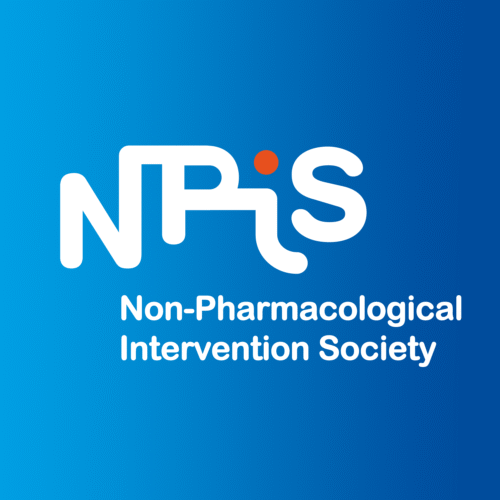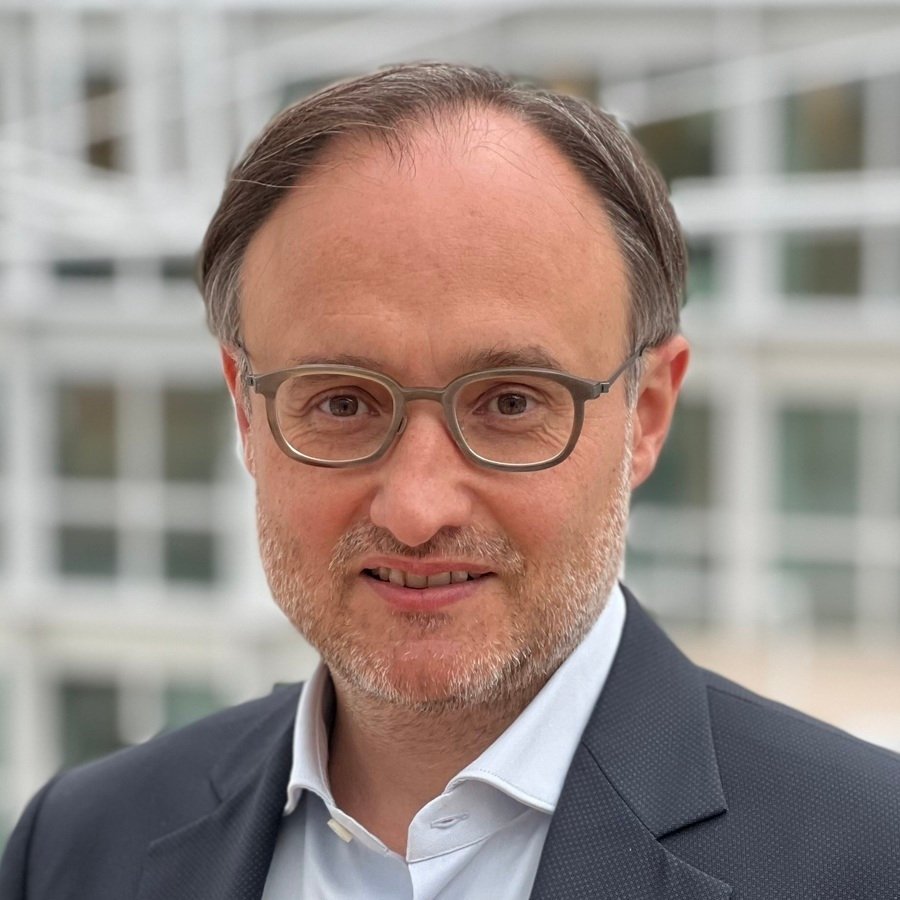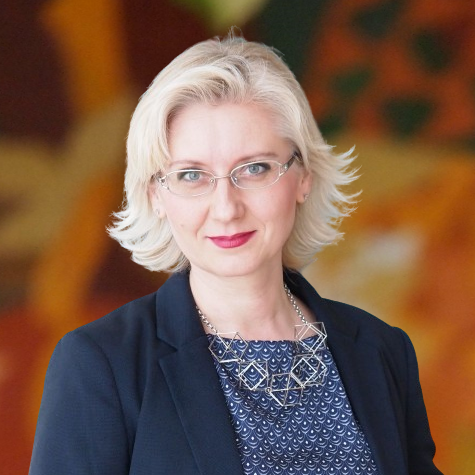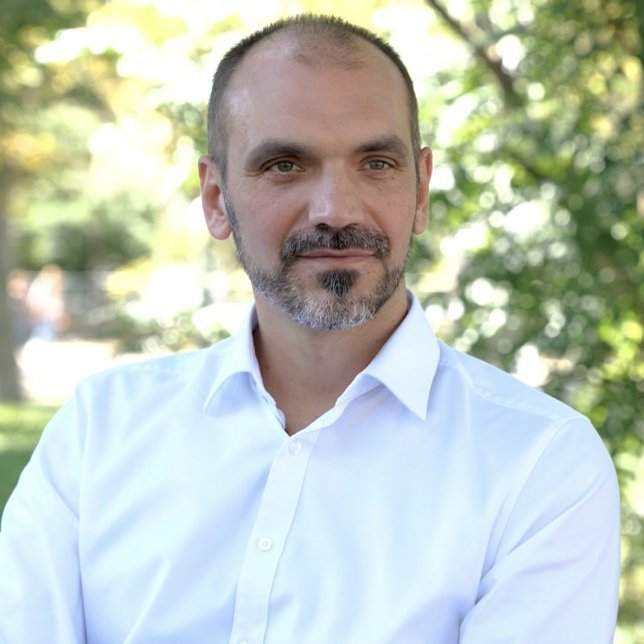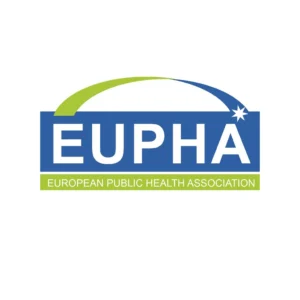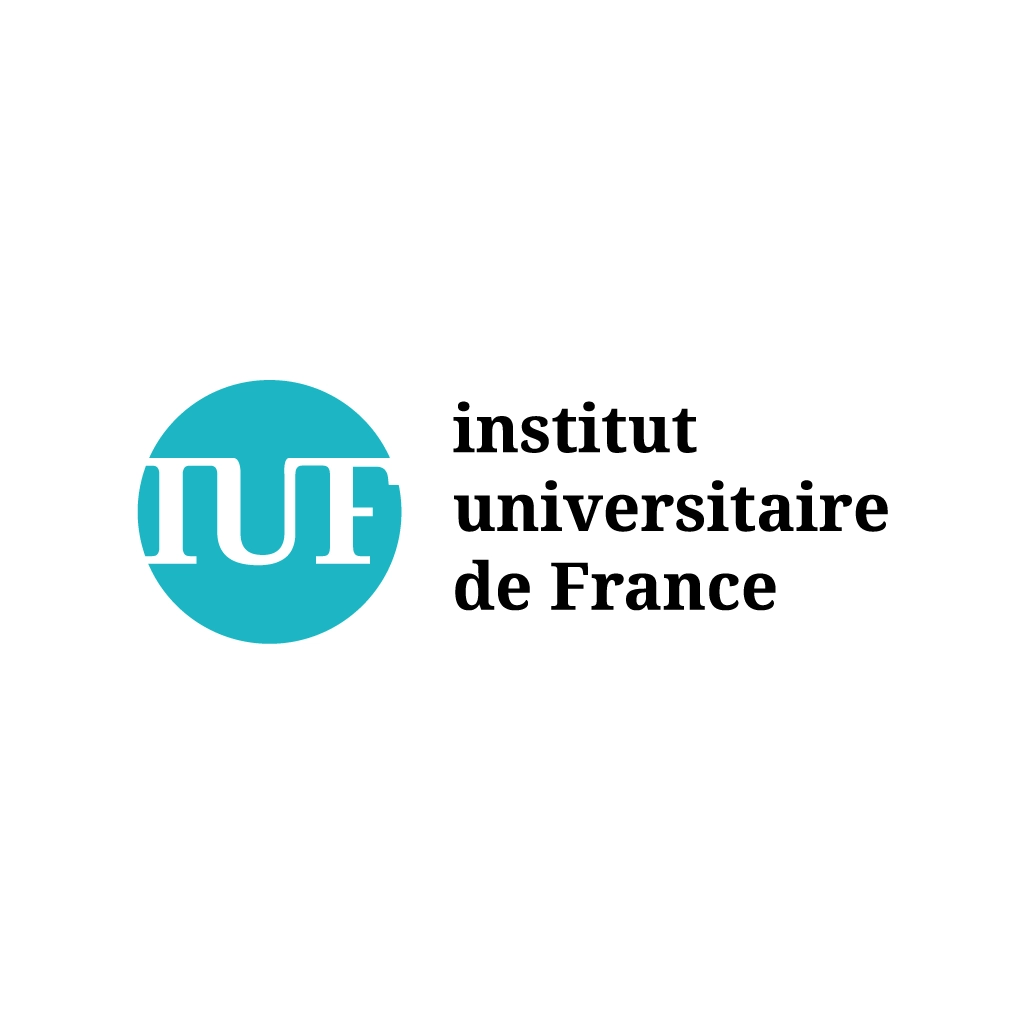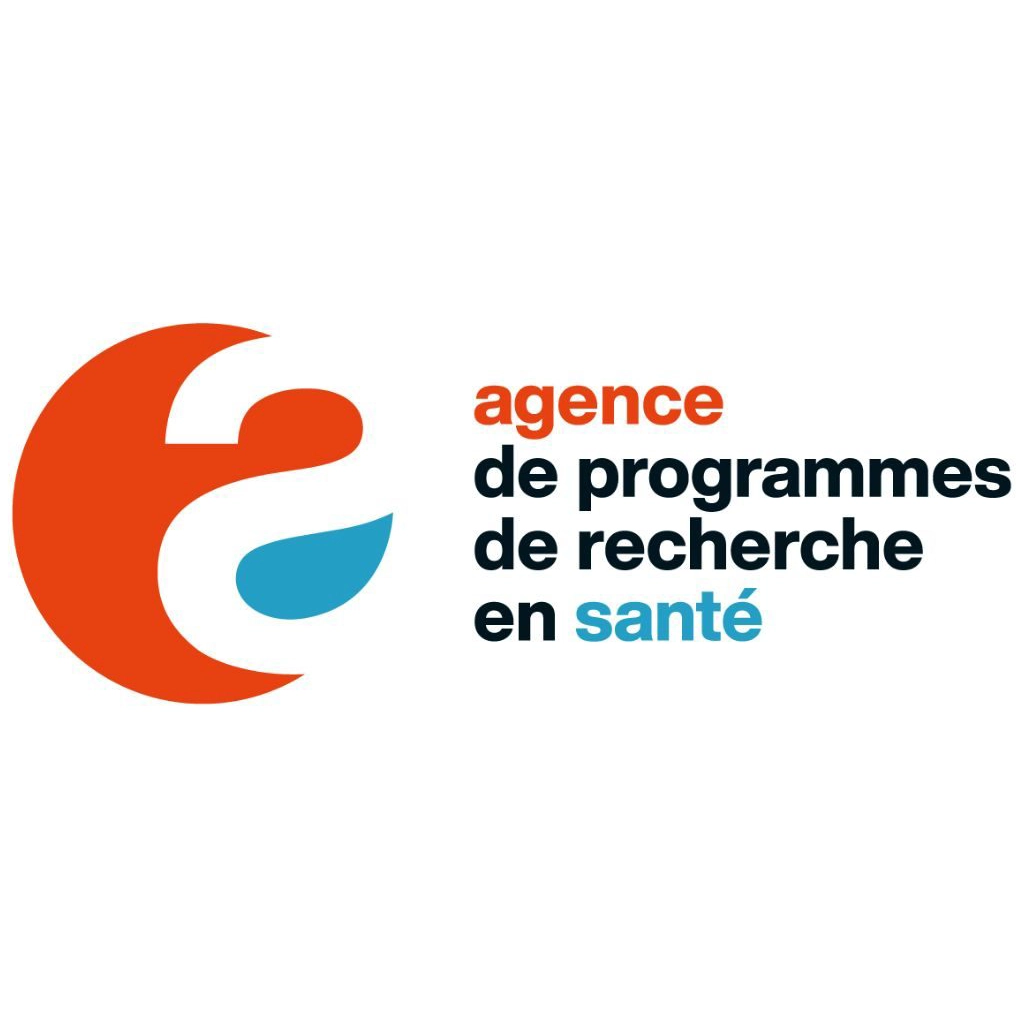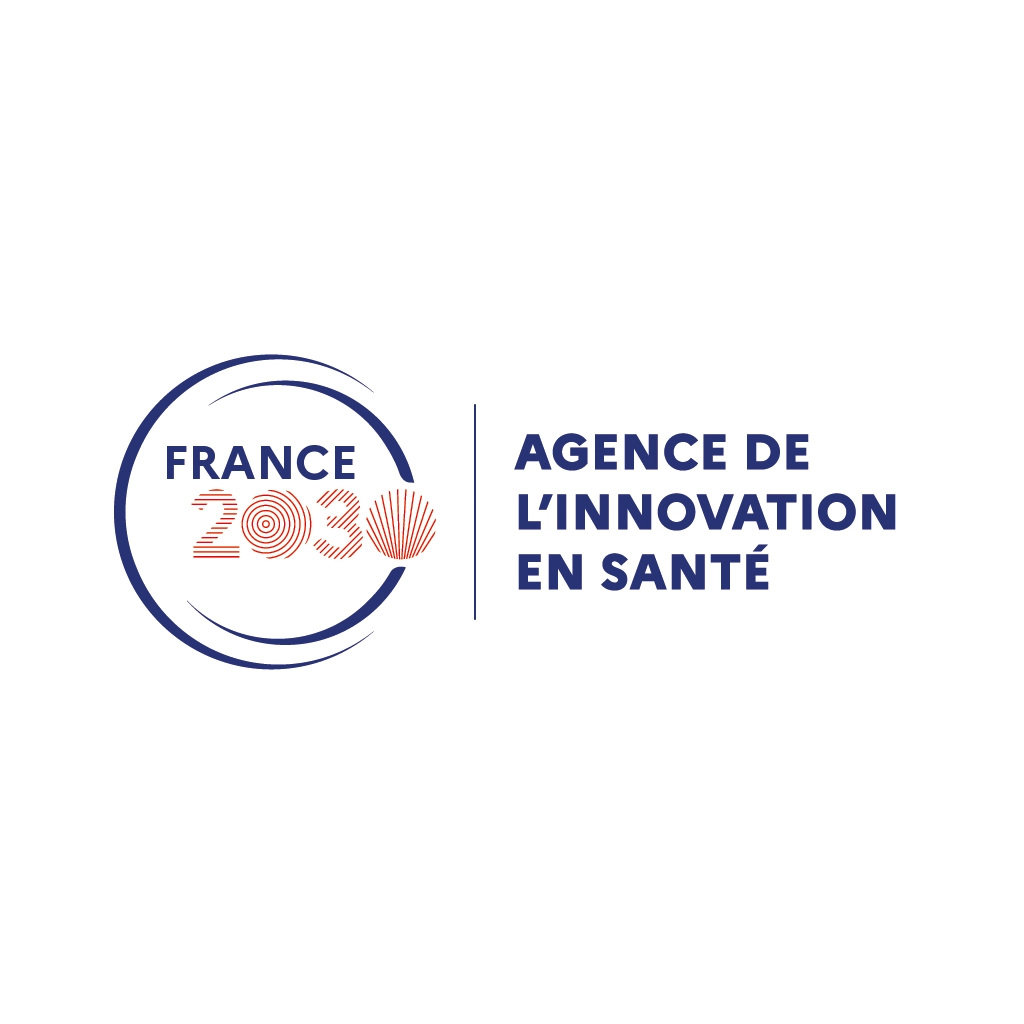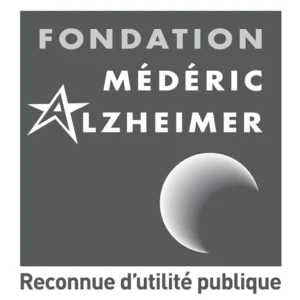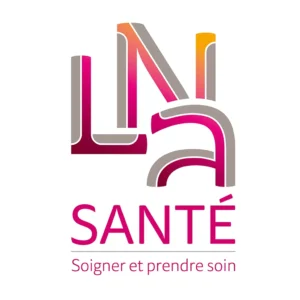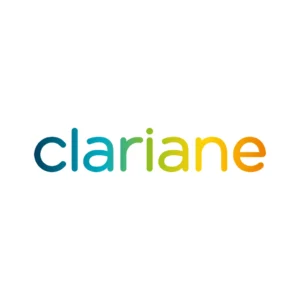
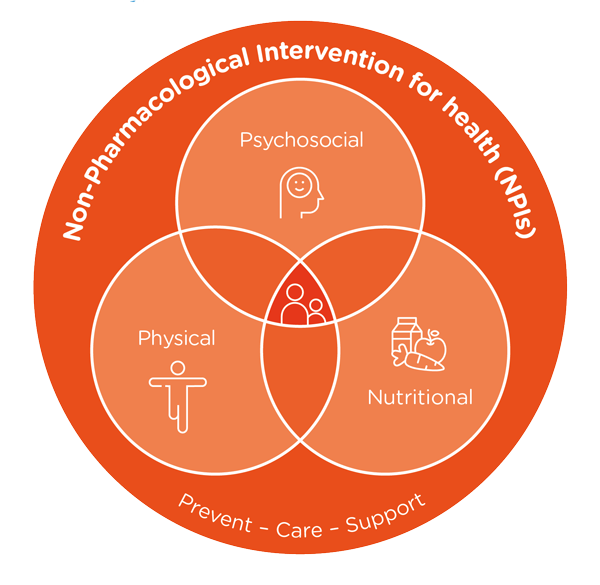

of all Non-Pharmacological Interventions actors and solutions
Why a Summit?
The discussions go beyond scientific questions and legitimize the transformation of the NPIS scientific congress into the NPI Summit in order to become the world annual gathering for all stakeholders in the NPIs ecosystem.
Aim
Call upon all stakeholders to establish a global alliance on these universal practices of prevention, care and health support, based on science and anchored in personalized and precision medicine for the benefit of all.
Who Should Attend?
Researchers, engineers, technicians, practitioners, users, volunteers, operators, members of learned societies, administrators, insurers, entrepreneurs, trainers, certifiers, investors, decision-makers, elected officials, students, communicators, etc.

Researchers, students, professionals, user representatives, operators, decision-makers and volunteers, take part in the 11th international scientific congress on non-pharmacological interventions for human health (NPI), to be held in Paris and remotely on 15 and 16 October 2025 (Hybrid Event). This unique event, organised by the international scientific society NPIS, will bring together those involved in prevention, care, independent living, support, occupational health and social protection who want to share the latest advances in NPI.
Contribute to the global strategy for developing NPI and building sustainable business models
WHY TAKE PART?
* Sessions and posters: Attend cutting-edge scientific presentations.
* Workshops: Take part in interactive workshops.
* Demonstration: Discover the NPI Registry and contribute to the global heritage on NPI.
* NPI Players: Meet the innovative organisations in the ecosystem.
* Collaborations: Identify opportunities for collaboration and partnerships.
* Awards Ceremonies: Attend the NPI best presentation and open badge training awards.
* DINER: Attend an unforgettable at the NPIS SUMMIT DINER evening in Paris.
* Knowledge sharing: Discover the latest studies and best practices in the field.
* Meetings: Make connections with experts and professionals from different backgrounds.
CALL FOR ABSTRACTS
The NPIS Summit 2025 Scientific Committee invites researchers and professionals to submit proposals for oral or poster presentations by 6 June 2025. Authors of selected papers will be invited to present their work at the conference. The main topics of interest are as follows:
*Results of an original study evaluating one or more NPI compliant with the NPIS Model
*Methodological, technological or ethical considerations for the evaluation of NPI
*Analysis of an innovative strategy for integrating NPI into a healthcare system
*Research to inform future physical, nutritional, and psychosocial interventions
IN PERSON / ON LINE SESSION
Whether you are in Paris or on the other side of the world, join the NPIS Summit 2025 and contribute to this essential moment of NPI in the service of personalized and precision medicine and active and sustainable health.
